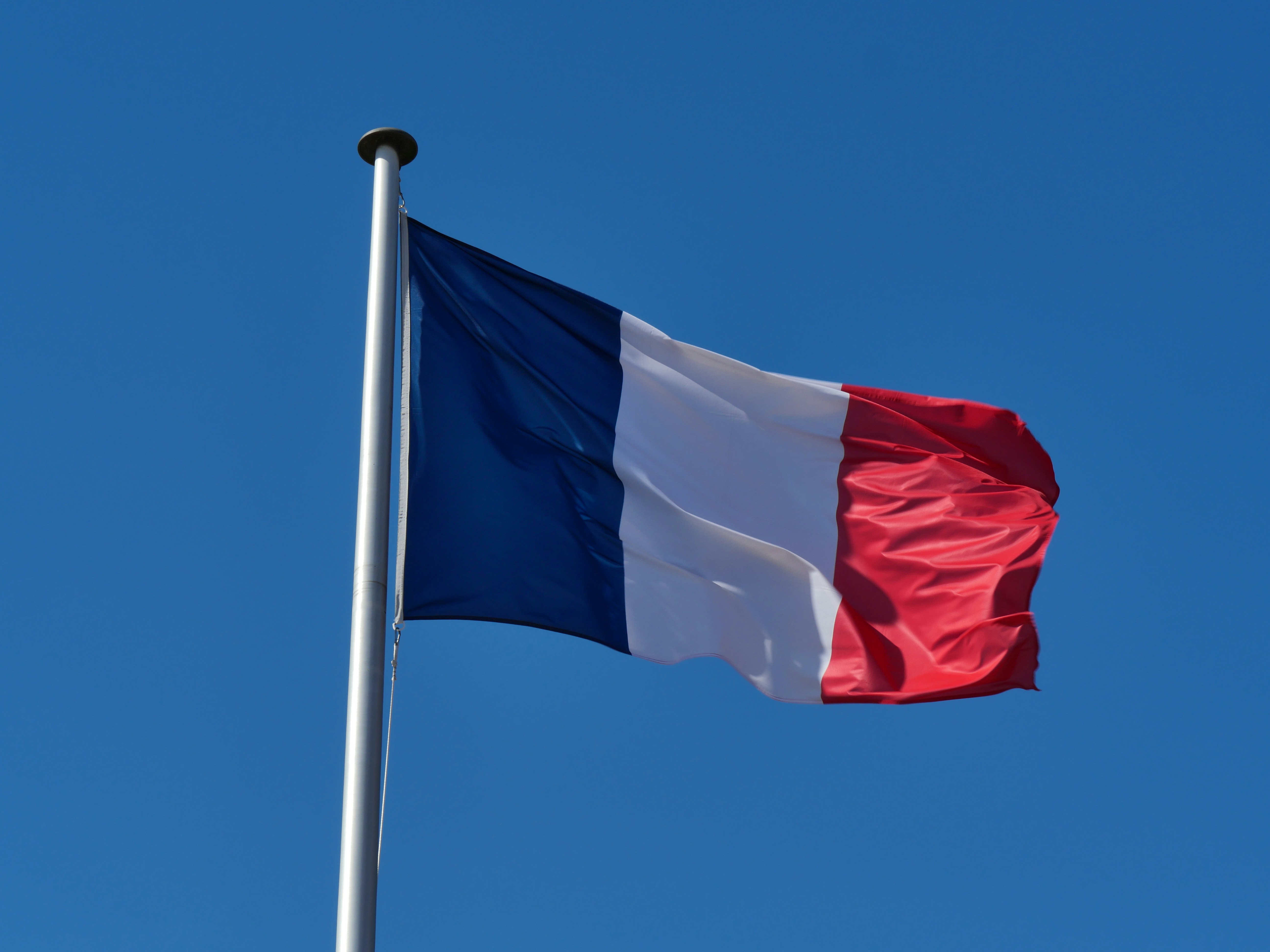[EUROPE] French President Emmanuel Macron's five-day tour of Southeast Asia, culminating with a keynote at the Shangri-La Dialogue in Singapore, is more than just diplomatic theater. This visit, covering Vietnam, Indonesia, and Singapore, underscores France's ambition to cement its role as an Indo-Pacific power. Unlike its European peers, France sees itself as an integral player in the region, thanks to its overseas territories and vast maritime zones. Macron's regional charm offensive signals Paris's intention to shape the Indo-Pacific’s security and economic dynamics in an era of great power competition.
France's Unique Indo-Pacific Footprint
France’s Indo-Pacific strategy, launched in 2019, differentiates it from other EU nations that engage the region primarily through trade. France is a resident power, with seven overseas territories hosting 1.65 million citizens scattered across the Indian and Pacific Oceans. This translates into stewardship over 93% of France's exclusive economic zone, making Paris a maritime heavyweight. Macron's Southeast Asia tour builds on this strategic geography, positioning France as both a European and regional actor that can contribute to security, environmental governance, and economic resilience.
Balancing Powers Amid Geopolitical Rivalry
Macron's visit comes at a time when the Indo-Pacific is increasingly defined by U.S.-China tensions. France, which promotes a vision of "strategic autonomy," seeks to avoid aligning too closely with Washington or Beijing. Instead, it offers itself as a balancing force that supports regional stability, multilateral cooperation, and the rule of law. By deepening ties with Southeast Asian nations, France aims to strengthen local capacity and hedge against the binary logic of great power rivalry. This middle path resonates with ASEAN nations eager to maintain autonomy.
Economic and Security Stakes for the Future
Beyond symbolic presence, France has concrete stakes in the Indo-Pacific's future. French companies are active in sectors like energy, aerospace, and digital infrastructure across Southeast Asia. Maritime security is another priority, given rising tensions in the South China Sea and piracy risks. Macron's tour reinforces defense partnerships and arms deals while also pushing for cooperation on climate change, biodiversity, and supply chain resilience. The economic and security threads are deeply intertwined, reflecting Paris's intent to stay relevant in both arenas.
What We Think
France's Indo-Pacific outreach, spearheaded by Macron, reflects a sophisticated recognition of geopolitical realities. As a resident power, France enjoys unique legitimacy, but it must carefully manage expectations. While Paris offers an appealing third path between U.S. and Chinese influence, its resources are limited compared to larger powers. To succeed, France will need to sustain engagement, deliver tangible benefits to partners, and coordinate more effectively with the EU. Macron's tour is a visible signal, but lasting influence will depend on long-term investment and consistent follow-through.









-1.jpg&w=3840&q=75)





